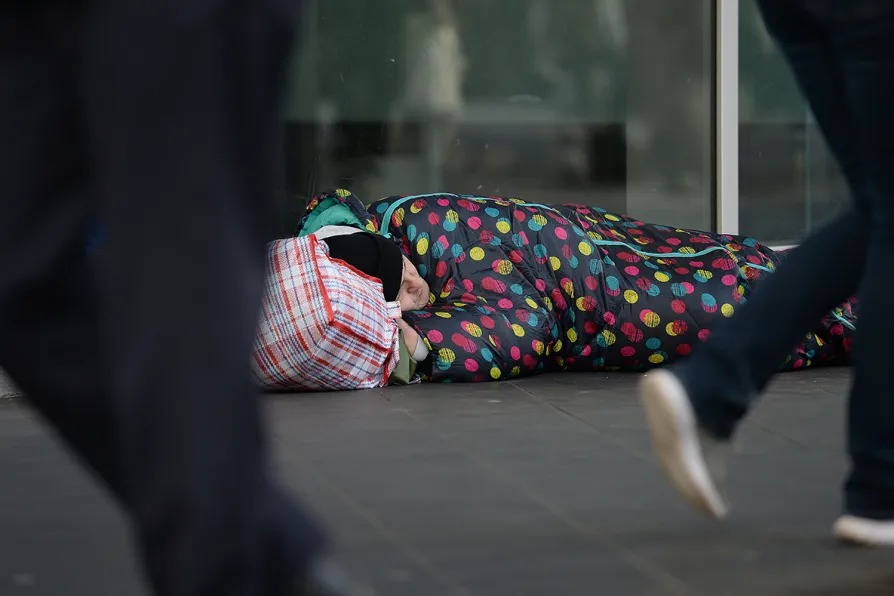Rough sleepers suffer deadliest year on record
Rapid increase in deaths of homeless people is a ‘shameful sign of government failure,’ Labour charges

 People walk past a homeless man in London
People walk past a homeless man in London
THE rapid increase in deaths of homeless people is a “shameful sign of government failure,” Labour said today, after rough sleepers suffered their deadliest year on record.
The Office for National Statistics recorded an estimated 778 deaths of homeless people in England and Wales in 2019 — a 7 per cent increase on the 726 deaths of the year prior.
The fifth straight annual increase pushed the number of deaths to its highest since records began in 2013.
Similar stories

Rough sleeping in England rises in a year with record numbers of children crammed into B&Bs













